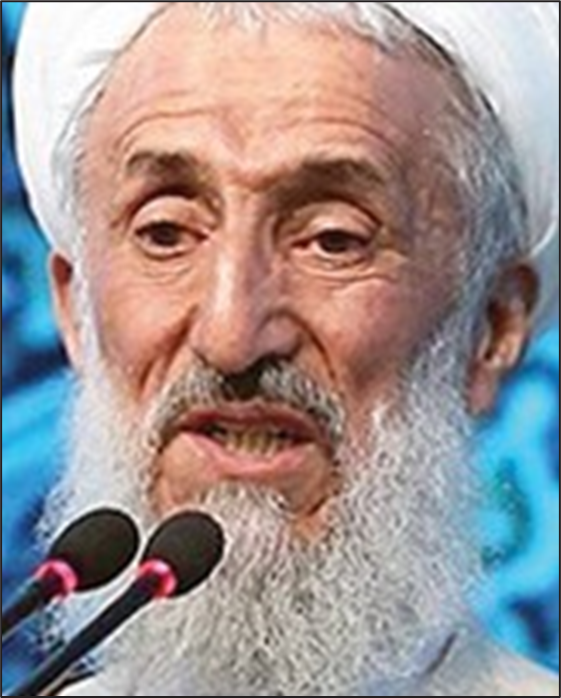May 10, 2024
 Ayatollah Kazem Sediqi, one of Tehran’s Friday Prayer leaders, and his sons have been accused by a local journalist of having acquired prime real estate in the capital’s north, which Sediqi denies.
Ayatollah Kazem Sediqi, one of Tehran’s Friday Prayer leaders, and his sons have been accused by a local journalist of having acquired prime real estate in the capital’s north, which Sediqi denies.
According to documents published by journalist Yashar Soltani, Sediqi and his children acquired a lush 4,200-square-meter garden in Tehran’s Ozgol area. Soltani’s research appears to show that around two decades ago, Sediqi laid the foundations for the Ozgol Seminary on an expansive 20,000 square meter site near Tajrish, a significant portion of which was under the stewardship of the Endowments Organization, a semi-governmental body in Iran responsible for overseeing all religious endowments that do not have a designated guardian.
The documents appear to further show that in 2022 a section of the land measuring 4,200 square meters was transferred to a company allegedly owned by Sediqi and his two sons, Mohammad-Mehdi and Mohammad-Hossain.
Sediqi has rejected the accusations, claiming signatures on the documents are forged and that a trusted associate had fraudulently registered the institution under his name without his consent. Sediqi has come under fire from political figures, media personalities aligned with reformers, and even some government allies who are skeptical of his insistence that the land was appropriated unbeknownst to him.
The delay in Sediqi’s rebut tal to the forgery allegations has fueled further speculation and demands for his resignation or dismissal on grounds of either malfeasance or incompetence. Sediqi delivered the sermon at Tehran Friday prayers April 12, where he apologized for the embarrassment the stories about him had caused, while denouncing the stories without either denying they were true or admitting they were true.
Friday Prayer leaders across all Iranian cities are appointed by Supreme Leader Ali Khamenehi. Iran is among the world’s most corrupt nations, according to Transparency International, which ranked it 149th out of 180 countries in its 2023 Corruption Perception Index. In one high-profile corruption case, Akbar Tabari, once the #2 official in Iran’s Judiciary, was released from prison last June after serving less than three years of a 58-year sentence for financial corruption.
























